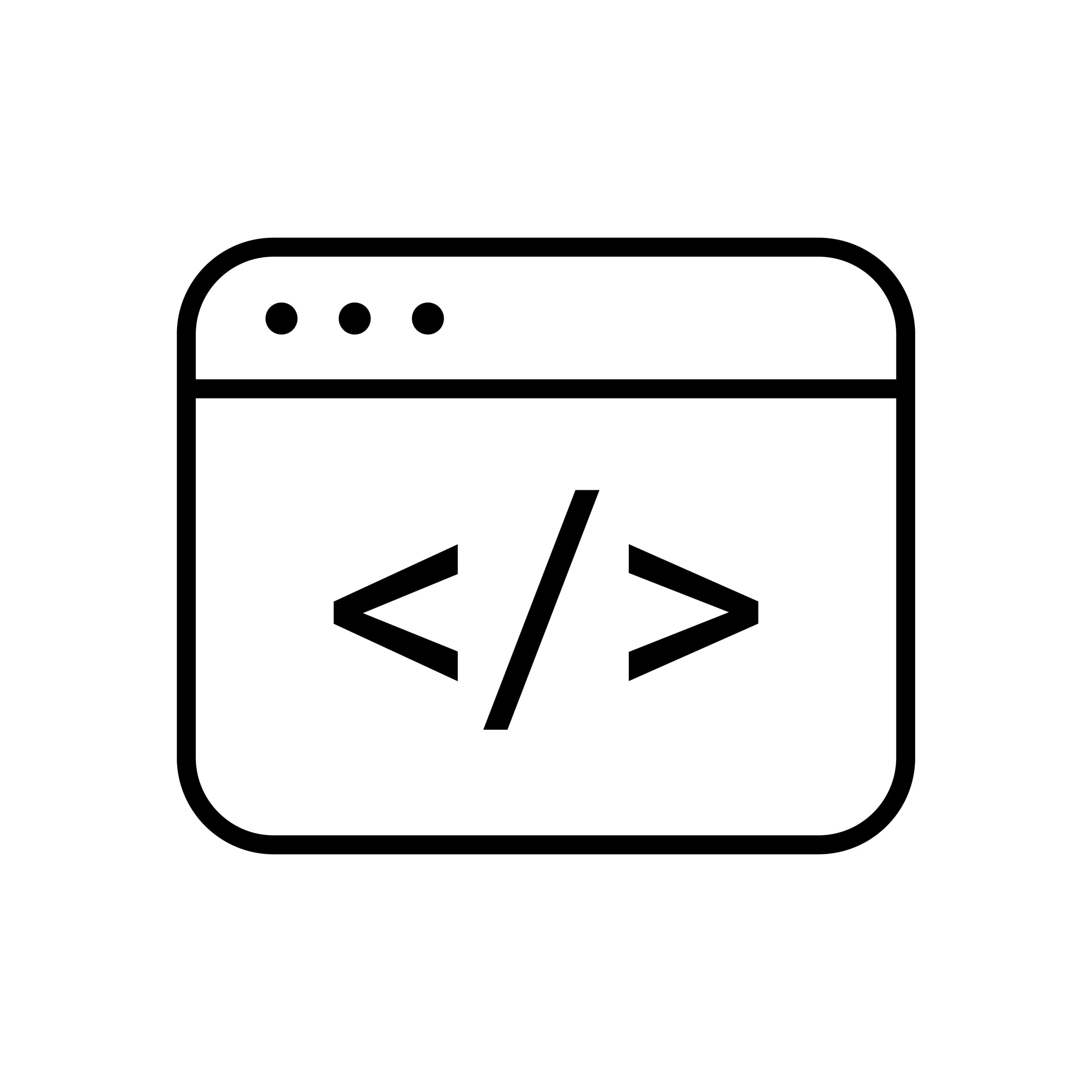Aereo Suit in Utah is Another Test for Cablevision Principle, the Cloud
As GigaOM reported this morning, Aereo was sued in a Utah federal court yesterday by Fox Broadcasting and local affiliates, who asked for a preliminary and permanent injunction against the service operating there, in addition to costs and other relief. Utah is in the 10th Circuit, which also includes Colorado, New Mexico, Kansas, Wyoming, and Oklahoma. As my last update (and infographic!) explained, decisions affecting Aereo have been handed down or are pending in the 1st and 2nd Circuits, and cases are pending against FilmOnX in the 9th and D.C. Circuits. We’re still waiting on a decision from the September 18 Massachusetts hearing, which the court had anticipated issuing “by the end of September.”
One key argument made by Aereo and FilmOn X in defending their legality is rooted in the 2008 Second Circuit Cartoon Network LP, LLLP v. CSC Holdings, Inc. case, popularly known as “Cablevision.” Cablevision’s significance reaches far beyond these two services. As CCIA’s amicus briefs in Aereo in the Second Circuit [S.D.N.Y., 2d Cir.] wrote regarding Cablevision: “It is no exaggeration to say that the proper interpretation and application of Cablevision is critical to the future of the Internet.” In his “Why Johnny can’t stream: How video copyright went insane” article from last August, James Grimmelmann remarked: “The tech at issue in Cablevision was a ‘DVR in the cloud,’ and because of the way the Second Circuit answered the question of whether a DVR ‘performs’ a copyrighted TV show when the user hits ‘play,’ the decision opened a whole range of possibilities for entrepreneurs willing to mash up technologies in ways God never intended.” Following and extending the Cablevision precedent matters to the future of all cloud services that enable consumers to watch performances of copyrighted content in their own homes.
Economic research has also demonstrated the importance of the Cablevision principle to cloud services, including two studies commissioned by CCIA. In a 2011 study, Harvard Business School Professor Josh Lerner found that post-Cablevision U.S. investment in cloud computing increased by ~ 41%, and concluded that Cablevision led to additional incremental investment in U.S. cloud firms between $728 million and $1.3 billion over the two-and-half years. A 2012 study, also by Prof. Lerner, looked at the opposite effect in Europe, after French and German courts had issued problematic decisions for cloud services, and found a corresponding decrease in investment.








